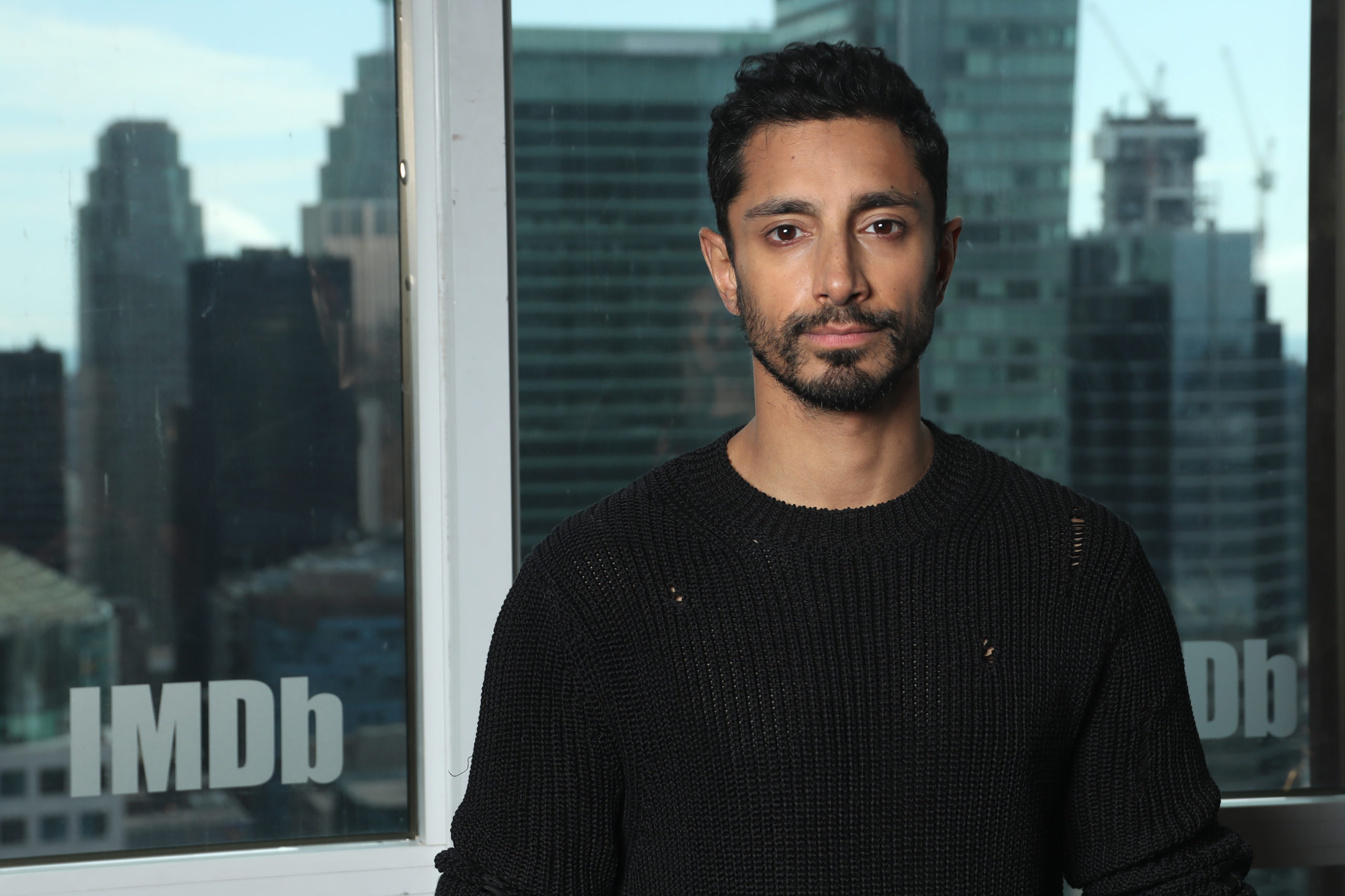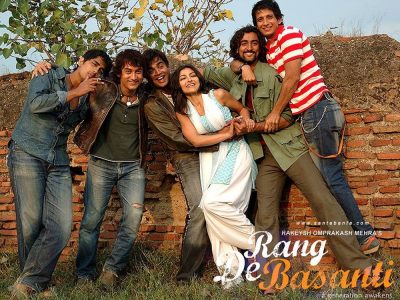With Riz Ahmed becoming the first Muslim to be nominated as the Best lead actor in the Oscars, cinema going global gets its meaning
“…I think that’s what’s important is if it’s meaningful to other people. I just think the more and more people that can find themselves celebrated and included in these moments, the better. That’s what storytelling is about…”
This what actor Riz Ahmed said, in an interview with New York Times, when asked how meaningful it is to him to have created history for being the first Muslim to be nominated for the best lead actor in the Oscars. He has been nominated for his stupendous performance in Sound of Metal, where Ahmed is seen playing Ruben Stone – a drummer who abruptly loses his hearing.
Since the movie was released, he was helmed for playing a layered, troubled and intricate character with much ease and finesse. And now, with his nomination for the Academy Awards, he seems to have immortalised himself. Apart from him, another Asian actor Steve Yeun (for Minari) was also nominated in the same category. Ahmed is a Briton of Pakistani descent, whereas Yeun was born in South Korea and raised in the United States. Both Ahmed and Yeun are first-time nominees.
Before them, only two actors of Asian heritage have ever been nominated in the category: Russian-born Yul Brynner (The King and I), and Ben Kingsley (Gandhi, House of Sand and Fog). Brynner and Kingsley each won the award once.
As soon as the news of Ahmed’s nomination was out, this became a topic of discussion. It brought back some good, and even some bad, memories – from the closet of the Oscars’ history.
With Parasite bagging the Oscars for the Best Picture last year, it came to light how “cinema going global” is more than just a phrase. Asian films are finally getting their space and audience. And this year, the Asian actors took this a step further by making it loud and clear that Oscars cannot confine itself to Hollywood alone.
In 2017, Mahershala Ali became the first Muslim actor to win an Oscar for Moonlight, for which he received Best Supporting Actor. Two years later, Ali won in the same category for Green Book. And this time, Ahmed has been competing for the Best Actor in a leading role category with seasoned and veteran actors like Anthony Hopkins (The Father) and Gary Oldman (Mank). Thus, this definitely is no small feat.
Moreover, the film awards, especially Oscars, have often received backlash for not being all inclusive and favouring the White. In the last few years, debates on giving Black actors their due were rife. But Oscars proved how it has been changing, and for good.
Also, how Hollywood has been portraying Muslim characters in their films and series is also something to discuss about. Oftentimes, their films/shows have had stereotypical or caricatured Muslim characters (for instance, shows like Netflix show Tiny Pretty Things, Grey’s anatomy, among others). Also, often it’s shown (for instance in the series Elite) how Muslim characters rebel against their religion or norms to break free and create a statement, and not just embrace or celebrate it or themselves for what they are or where they belong.
But on a brighter side, there are shows which had done justice when it comes to portrayal of Muslim characters. Drama series Transplant, DC’s Legends of Tomorrow, The Bold Type, FBI and Orange is the New Black – all these feature prominent Muslim characters and get the depiction right.
In a time where the fight for fairer representation is at its full swing, someone from the minority community getting the honour and recognition of this magnitude is definitely a big step towards a more inclusive film world. Thus, cinema going global has yet again regained its meaning and hopefully will continue doing so in the days ahead as well.
Meanwhile, as many will count on Ahmed for winning the Oscars and creating yet another record – I would say he’s already a winner, with his name carved in the pages of history.
(Cover image: Actor Riz Ahmed , Credit: Getty Images)





